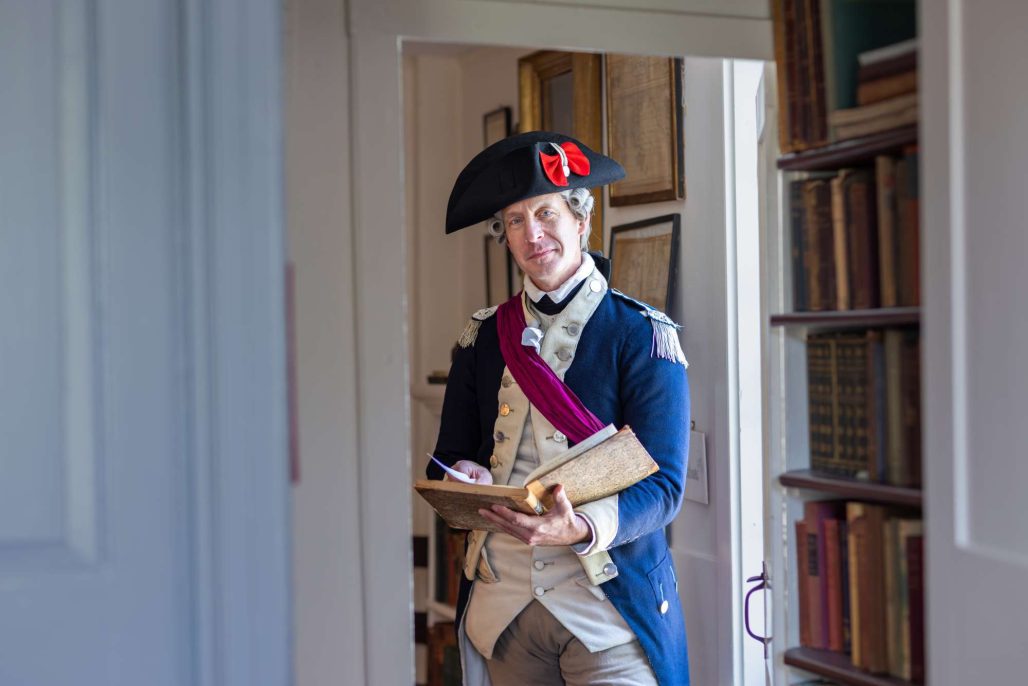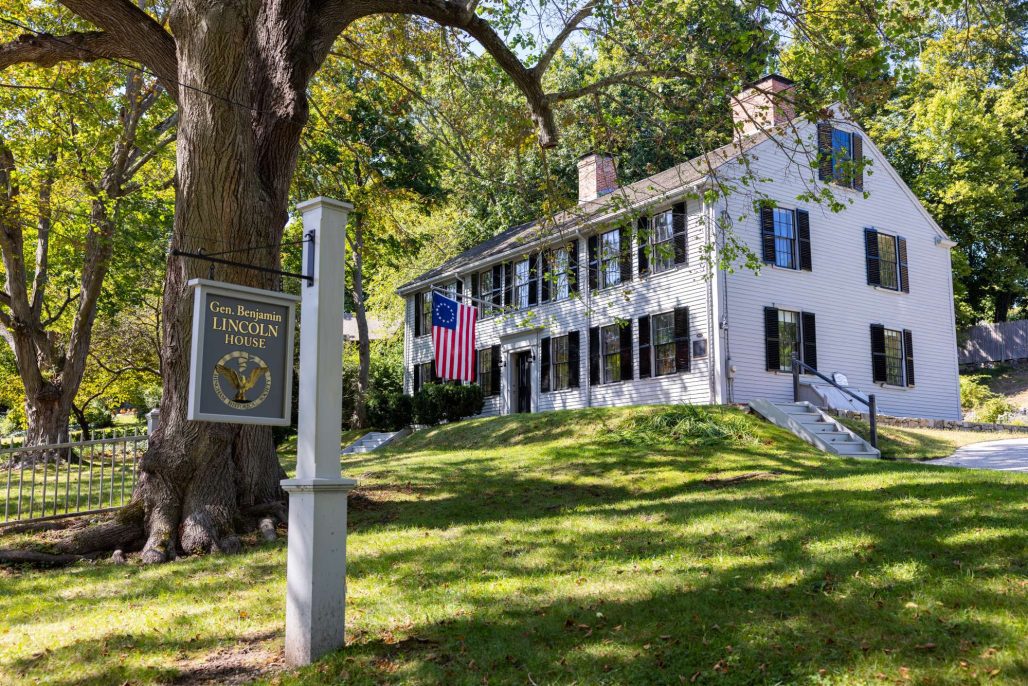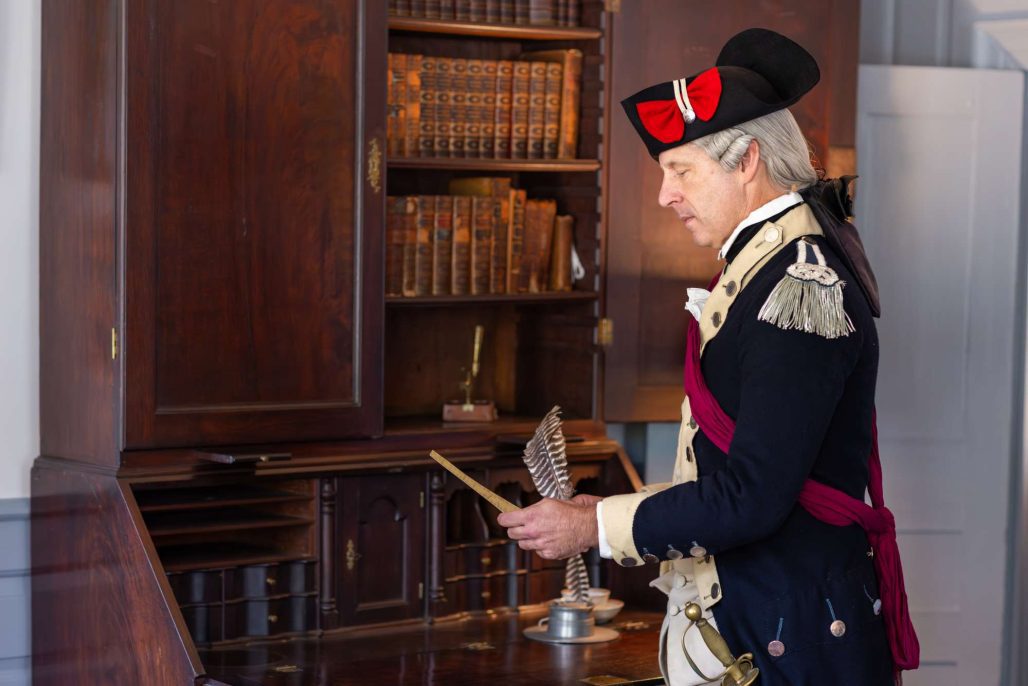Loading…
Loading…
Home » News » Who Was Benjamin Lincoln?
Blogs
September 24, 2025
As we commemorate the 250th anniversary of the American Revolution in Massachusetts, it is fitting to honor those who played pivotal roles in the war and in shaping the Commonwealth’s rich history. From community leaders to Patriots who valiantly fought against the British, the Bay State is no stranger to local heroes.
Benjamin Lincoln, born and raised in Hingham on the South Shore of Massachusetts, is one such figure recognized for his local contributions to politics and leadership during the American fight for Independence. Let’s explore the essential role Lincoln played as a military leader in the war, during his political tenure on the South Shore and the significance of his legacy.

A lifelong resident of Hingham, Benjamin Lincoln maintained deep connections to the South Shore. His family was among the town’s first settlers, and their ancestral home was the Benjamin Lincoln House at 181 North Street in Hingham. It was built by his great-great-grandfather and was home to five generations of the Lincoln family. It is now recognized as a National Historic Landmark.
Before becoming a prominent figure in the American Revolutionary War, Lincoln was active in local government as a town clerk, constable and selectman. He also became a delegate to the Massachusetts Provincial Congress, which gave him the insight and connections to protest Parliamentary taxation without representation actively, as well as the actions of the British military at the Boston Massacre.
Like his father, Benjamin joined the military and his military career began in 1755 when he joined the 3rd Regiment of the Suffolk County militia. As a part of this militia he fought for the crown during the French and Indian War, which lasted from 1754 to 1763. Although he never saw battle firsthand, his experience allowed him to rise through the ranks and become a major of the Colonial Army by the end of the conflict.

Lincoln’s military experience in the French and Indian War was a springboard to the role he would play in the American Revolution and in the years after.
Benjamin Lincoln served as a Major General in the Continental Army during the American Revolutionary War. He was part of many critical campaigns in the north, including the American victory at the Battles of Saratoga in 1777, where he gained George Washington’s confidence.
After proving himself to Washington, he was sent to the Southern Command, where he was placed in charge of the Continental Army’s Southern Department in 1778. His command was desperately outmatched by the British at the Siege of Charleston, where he was forced to surrender and the Continental Army experienced the loss of 5,000 Continental soldiers. He was captured during this siege, but later gained his freedom during a prisoner swap.
Upon returning to active duty in the south, Lincoln was a part of one of the most pivotal battles of the Revolution. In the final push of the war, Lincoln led troops to victory as Washington’s second-in-command and was a key figure in the British surrender at Yorktown in 1781. He was given the honor of accepting the sword of surrender at the final British surrender.

Benjamin Lincoln was a pivotal figure throughout the American Revolution, playing a crucial role in three major surrenders: the British defeat at Saratoga, the capture of thousands of Continental Army soldiers at Charleston, and, as George Washington’s second-in-command, formally accepting the British surrender at Yorktown, which effectively brought the war to a close.
To learn more about Benjamin Lincoln’s role in American history, Massachusetts history and our local South Shore history, visit the Hingham Historical Society and the Benjamin Lincoln House in Hingham, Massachusetts. Also explore MA250 as we commemorate the historical significance of figures across our region.